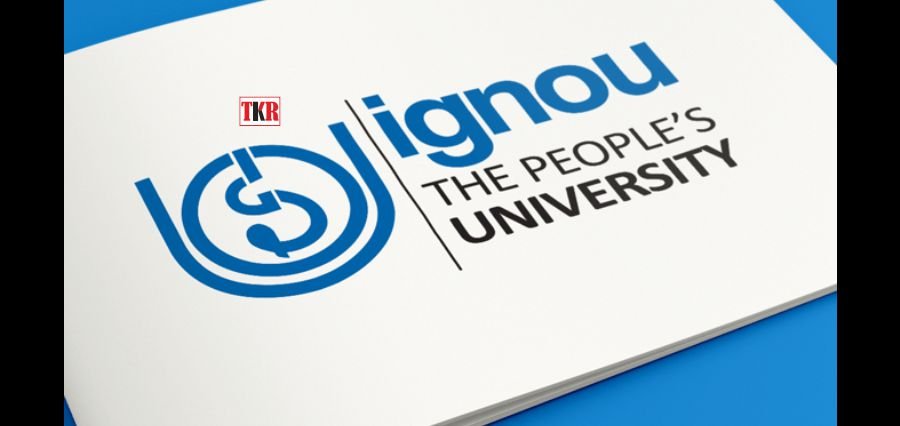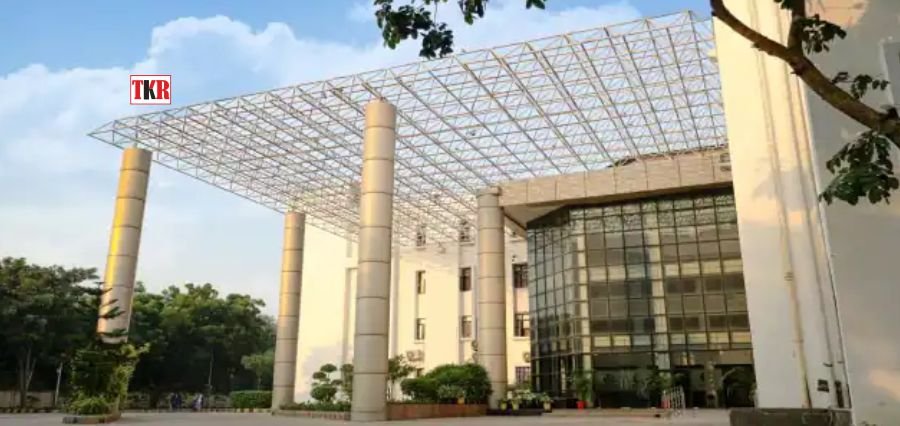Mohammad Afshar Alam, Vice Chancellor of Jamia Hamdard, a deemed-to-be university and leading institution in pharmacy education, recently shared his insights on the National Pharmacy Commission Bill, the job prospects in the sector, and the growth of pharmacy education post-Covid.
National Pharmacy Commission Bill
With the passing of the bill, the Pharmacy Council of India (PCI) will be replaced by a commission. The Government of India has decided to change all councils into commissions. Currently, PCI continues to serve as the regulatory body. In the new commission, members will be directly appointed by the central government, unlike the election process in the councils. This change aims to reduce the political influence and ensure better control over the functioning of the commission.
Emphasis on Quality and Regulation
The role of the commission is to ensure that institutions follow statutory norms. The bill emphasizes the functioning, qualification requirements, and infrastructure of pharmacy education. It limits the intake of students to 60 or 120 based on the teacher-student ratio and available resources. This measure aims to maintain quality and prevent the proliferation of substandard institutions.
Growing Demand for Pharmacy Professionals
The pharmaceuticals industry in India is robust, with significant imports and exports. Generic medicines from India are highly sought after globally. The demand for pharmacy professionals has increased significantly in the industry and hospitals compared to 10 years ago.
Expansion of Private Participation
Since the 1980s, private partners have played a significant role in the growth of pharmacy education in India. The government’s presence is limited, with the establishment of seven National Institutes of Pharmaceutical Education and Research (NIPER), one in each state. However, the demand for pharmacy education has led to the emergence of numerous private institutions.
Jamia Hamdard’s Leadership in Pharmacy Education
Jamia Hamdard has been ranked number one in pharmaceutical education by the National Institutional Ranking Framework (NIRF), which considers five parameters to determine quality. This recognition highlights Jamia Hamdard’s excellence in providing high-quality pharmacy education.
Read More: https://theknowledgereview.in/





